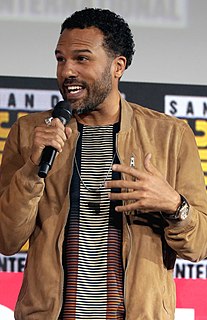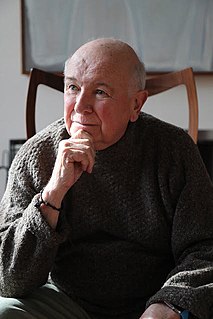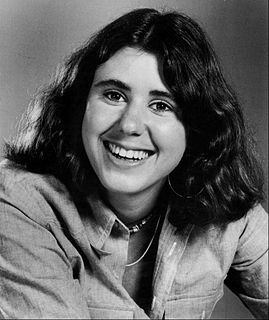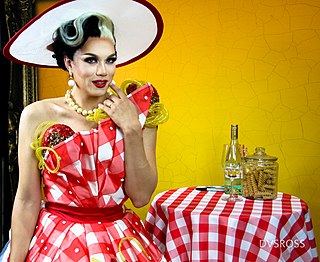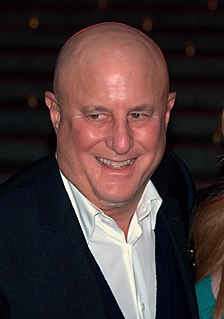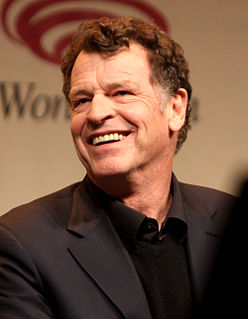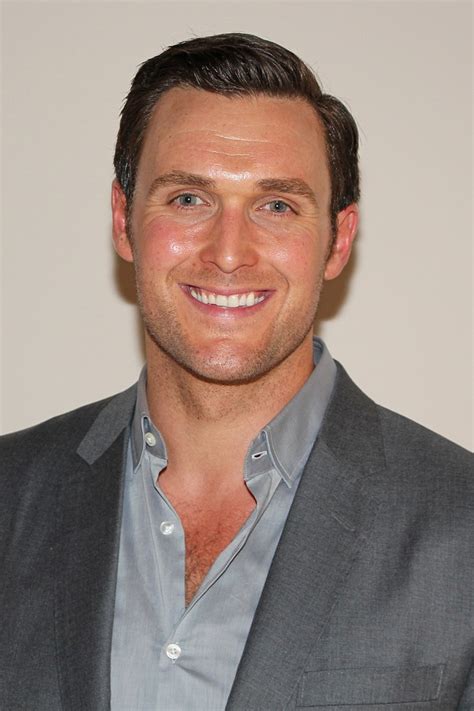A Quote by O. T. Fagbenle
As an actor, you can't play a flashback; you can't play someone's memory. You just have to play each circumstance as if it was real and understand that person's point of view.
Quote Topics
Related Quotes
I think it's my job to like any character I play - to understand and appreciate a character, to look at the world as much as possible from their point of view. I don't look at it just technically: learn the lines, figure out what gestures I want to bring and play, and that's it. I like to learn as much as I can about the person, and see what happens.
Work with good directors. Without them your play is doomed. At the time of my first play, I thought a good director was someone who liked my play. I was rudely awakened from that fantasy when he directed it as if he loathed it. . . . Work with good actors. A good actor hears the way you (and no one else) write. A good actor makes rewrites easy. A good actor tells you things about your play you didn't know.
That straight man character is a short trip between comedy and drama in a project, so I can play the comedic beat on the same page as a dramatic beat. It gives me a lot of freedom as an actor to play scenes in multiple ways because I don't play the clown, nor do I play someone who is particularly maudlin.
There was all this talk when Obama got elected about how we were living in a postracial world. But we're not. Until we get to the point where James Earl Jones can play, say, George Washington, race matters. You wouldn't put a white actor in blackface to play Othello. You shouldn't have a white actor in what amounts to yellowface to play Asian.
[on playing Walter] It was wonderful to be able to play a character who had so many colors and who was able to play comedy, to play incredibly vulnerable, which he did a lot of the time, to play the love story, and to play the relationship with the son, which is quite unusual. That's a gift to me, as an actor. It was like everything you could possibly hope for, over five years. So, I was a very lucky actor.
I often hear actors say during their interviews: 'I want to play a crazy person, a murderer, or someone who's on edge.' But that question scares me. I mean, of course there are characters I'd like to play, but I can't really say specifically who they are. It's much too hard to play a convincing normal person as it is.
